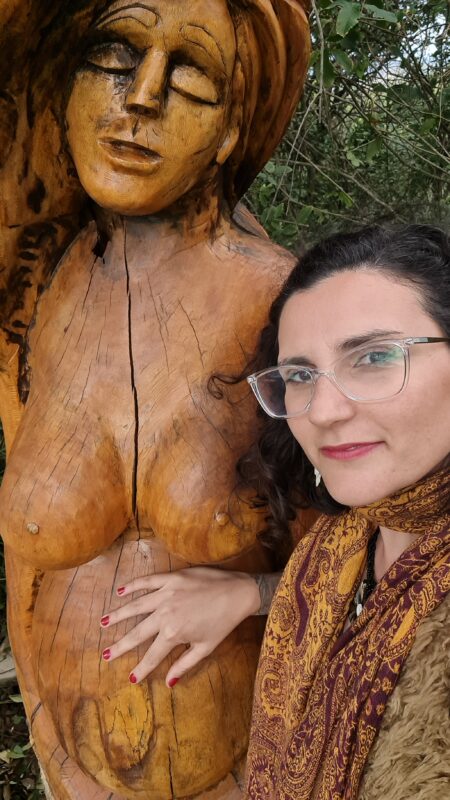The ancient origins of Easter are rooted in various pre-Christian traditions and springtime celebrations. Many cultures around the world marked the arrival of spring with festivals and rituals that honored fertility, renewal, and the awakening of life after the dormancy of winter. Some of the key ancient meanings associated with Easter include:
- Spring Festivals: Before the spread of Christianity, many ancient cultures celebrated the vernal equinox, which marks the beginning of spring in the Northern Hemisphere. These celebrations often honored deities associated with fertility, agriculture, and the renewal of life. Examples include:
- The festival of Ostara, celebrated by Germanic peoples, honored the goddess Ostara (or Eostre), who symbolized fertility and the dawn.
- The ancient Roman festival of Hilaria, dedicated to the goddess Cybele, involved processions, games, and rejoicing to welcome the return of spring.
- Fertility Symbols: Eggs and rabbits were common symbols of fertility and new life in many ancient cultures. Eggs, in particular, were seen as potent symbols of fertility and rebirth due to their association with the cycle of life and the emergence of new life from within.
- Christian Adaptation: As Christianity spread across Europe, Christian missionaries often incorporated elements of local pagan customs and traditions into Christian holidays in order to “facilitate” conversion and eradicate the old ways . The celebration of Easter was no exception. In the 2nd century AD, Christian communities began celebrating the resurrection of Jesus around the time of the Jewish festival of Passover. Over time, Easter became associated with the themes of resurrection, renewal, and new life, merging with existing springtime festivities.
- Resurrection of Jesus: For Christians, Easter holds profound religious significance as the commemoration of the resurrection of Jesus Christ. According to Christian belief, Jesus was crucified on Good Friday and rose from the dead on the third day, which is celebrated as Easter Sunday. The resurrection is considered the central event of Christianity, symbolizing victory over sin and death and the promise of eternal life.
The ancient meanings of Easter are multifaceted, blending pagan traditions with Christian beliefs to create a holi-day that celebrates themes of renewal, rebirth, and the triumph of life over death.


